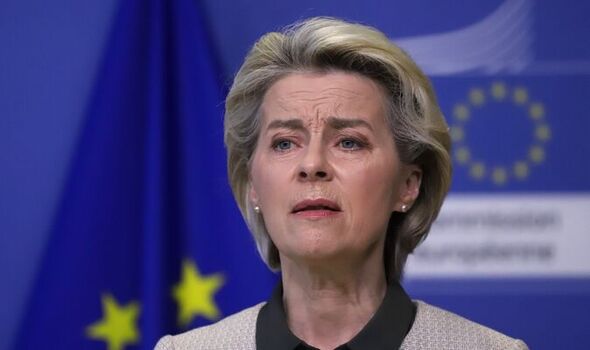
Editorial Ta Nea: Reaction
The EU’s determination to vastly reduce and ultimately eliminate dependency on Russian gas and oil is part of the broader framework of its aim of becoming a green superpower.
European Commission President Ursula von der Leyen declared yesterday that the EU must gradually and drastically reduce its dependence on natural gas from Russia, a producer as she said that has directly threatened the Union, even as she presented the Commission’s plan for complete independence from Russian fossil fuels by 2030.
The EU’s determination to vastly reduce and ultimately eliminate dependency on Russian gas and oil is part of the broader framework of its aim of becoming a green superpower.
Aside from planning for the future, however, there are elements of the EU’s energy problem that should already have been resolved some time ago.
The huge hikes in gas and oil prices are battering all European citizens and businesses.
The leaders of the EU’s 27 member-states must now urgently address yet another crisis, having learned the lessons of the economic and public health crises that preceded it.
If, as Bloomberg reported, the EU is mulling the issuance of a joint bond to finance energy and defence expenditures, the Union will have acted more swiftly than ever, bringing it closer to a much-desired deeper and more comprehensive unification.
The experience of the pandemic persuaded even the most incredulous that there is strength in numbers.
The aggression of Vladimir Putin reminded us of what we have in common.
The time has come for European leaders to truly demonstrate that they are prepared to do whatever is necessary.
Ακολουθήστε το in.gr στο Google News και μάθετε πρώτοι όλες τις ειδήσεις



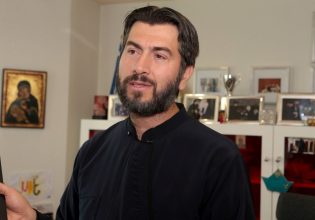



![Άκρως Ζωδιακό: Τα Do’s και Don’ts στα ζώδια σήμερα [Τετάρτη 26.03.2025]](https://www.in.gr/wp-content/uploads/2025/03/pexels-movoyagee-1264169-4591254-1-600x384.jpg)









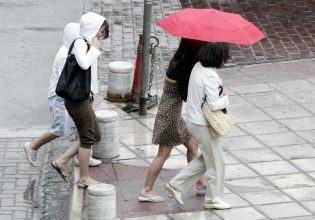

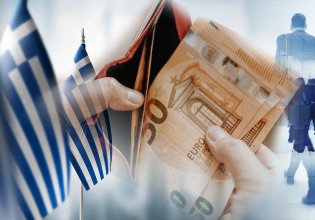










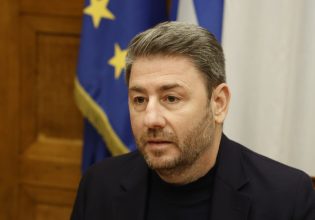

![Οι ειδήσεις που πρέπει να ξέρεις από το in [Βίντεο]](https://www.in.gr/wp-content/uploads/2025/03/Back_bulletin-cover_new-20-315x220.jpg)




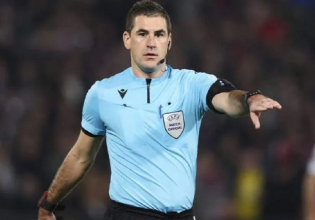



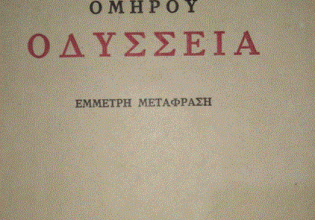











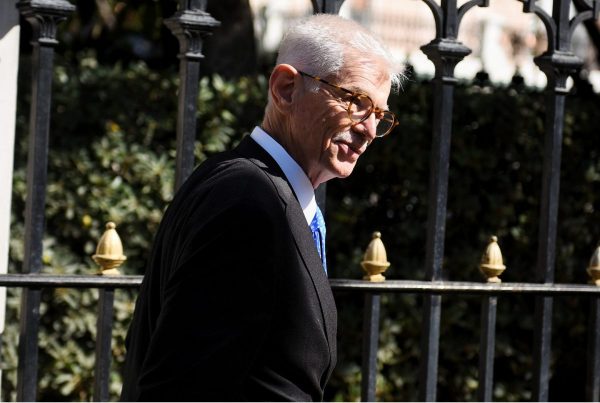






 Αριθμός Πιστοποίησης Μ.Η.Τ.232442
Αριθμός Πιστοποίησης Μ.Η.Τ.232442